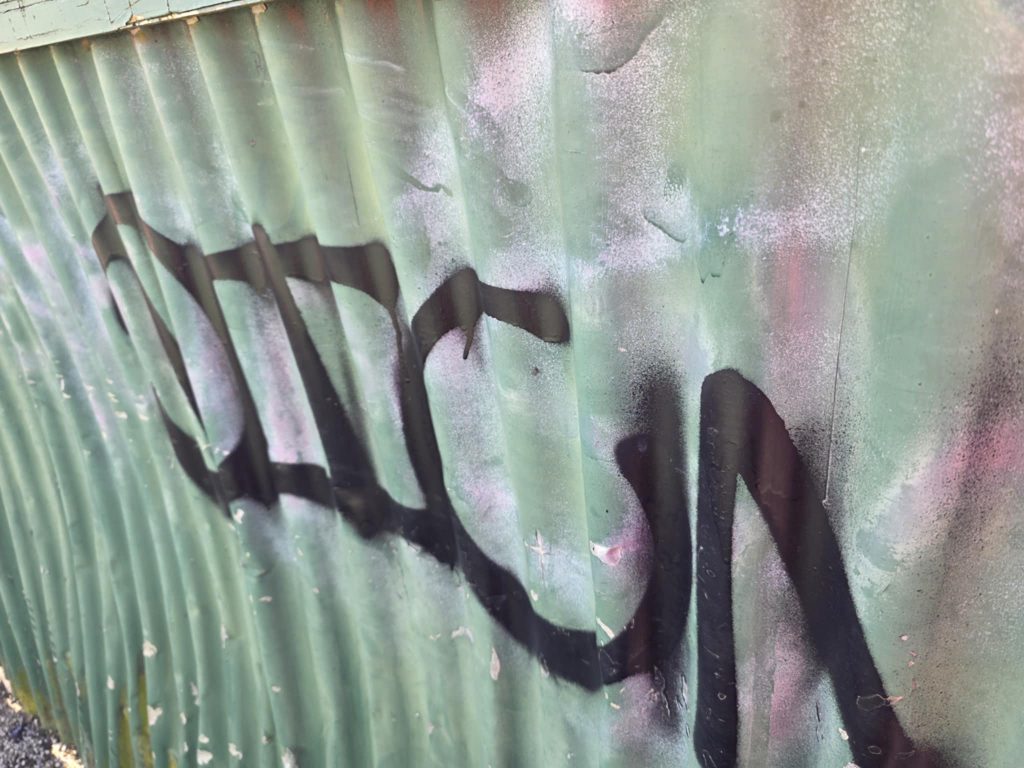
Last Cup of Tea
I still remember your hands,
thin as winter branches,
holding that porcelain teacup,
fingers trembling, but stubborn,
never letting go.
Steam rose between us,
a soft whisp of jasmine,
twisting with words unsaid,
your eyes watering from the heat—
or maybe something else.
You asked me to sit awhile,
though silence did the talking.
The world seemed smaller,
shrinking to the pattern of leaves
on that old cracked saucer.
I watched as you sipped,
pausing for breath, for memory,
for the weight of the past
pressed into the lines of your palms,
folded away in every quiet sigh.
When you set the cup down,
it made the smallest sound,
a final note on an unfinished song,
and I wondered how it is
that some endings can break
without ever making a noise.
Now the house sits empty,
the teacup still on the table,
waiting for a hand that won’t return,
and the scent of jasmine lingers,
traveling from room to room.
The Empty Chair
In the garden, a chair leans back,
peeling paint, splinters of memory,
a forgotten book resting on the arm,
its pages curled like waiting.
Wind plays through untended herbs,
thyme and basil spreading wild,
their fragrance sweet and uncontained,
like stories spun from the air itself.
A cat circles, then stops,
ears flickering, tail suspended—
an unheard call drifts through the trees,
carried away with autumn’s yellowed breath.
Dusk settles in folds of orange,
clouds unraveling like loose yarn—
shadows stretch and take their places,
the chair holding secrets or simply nothing.
Blueprints
They never finished building that house—
a foundation poured and left to set,
weeds threading through cracked concrete,
framing rooms that will never hold warmth.
I walk there sometimes, over brittle beams,
counting empty windows like ghosts,
each one a chance to see out or in,
each one a choice never made.
A rusted ladder leans like a prayer,
reaching for rafters that embrace the sky,
where stars pin blueprints of what could be,
etched in constellations no architect planned.
Once, a bird nested in the hollowed walls,
bringing twigs to cradle new life,
and I wondered how she trusted the wind,
how she believed in beginnings without endings.
I trace the outlines with my fingertips,
a ghost in a half-made dream,
feeling both loss and something deeper—
a strange grace in the unfinished,
where hope clings like ivy,
never quite letting go.

Jeffery Allen Tobin is a political scientist and researcher based in South Florida. His extensive body of work primarily explores U.S. foreign policy, democracy, national security, and migration. He has been writing poetry and prose for more than 30 years.











